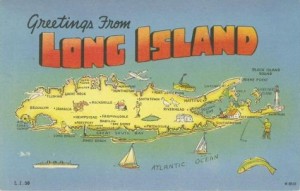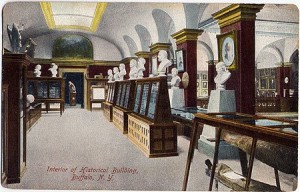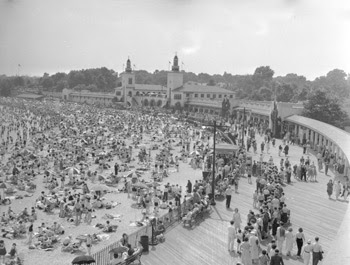The Regional Economic Development Councils (REDC) awards for 2014 were recently announced. These councils were created by Governor Andrew Cuomo as a conduit for the disbursement of state funds among 10 designated regions. Each region holds meetings to discuss the economic development proposals which have been submitted for their region. The approved proposals are then submitted for statewide consideration and the results were announced in December. Now that the 2014 awards have been announced, it’s time to consider what it all means for the history community. Continue reading “Economic Development Councils And Path Through History”
Long Island
Historians And Economic Development Councils: Lessons From Long Island

Now that I have become more aware of the Regional Economic Development Councils, I decided to review the ten regions in that program and see if there was any connection with the Path though History. As it turns out, two Path regions have submitted proposals to the Regional Economic Development Councils: Long Island and Western New York. In this post, I would like to focus on what Long Island has achieved as an example for the other 8 regions. Continue reading “Historians And Economic Development Councils: Lessons From Long Island”
The Leadership Role of Municipal Historians

As the new year gets underway, it is appropriate to pause and reflect on open issues from years gone by. I am referring now to the role in 2013 of the county historian as a custodian for New York State history as we forge ahead with our Path through History Project.
The starting point for this investigation is an article which appeared on September 12, 2012 just after the summer launch in August entitled “New York State’s Curious, Century-Old Law Requiring Every City and Town to Have a Historian” by Amanda Erickson in The Atlantic Cities. Continue reading “The Leadership Role of Municipal Historians”
Squandering the Opportunity of Crisis: Long Island Sound History

When I was growing up in New Rochelle, more years ago than I care to remember, one required trip in the new suburban world which was being created was to Rye Playland. It was a standard family and summer camp trip from a more innocent time. I wasn’t even able to enjoy all the rides since I wasn’t tall enough to reach the red line that marked the difference between childhood and adulthood. Of course, soon after crossing that threshold, the summer camp trip ended and there were other places to go. Continue reading “Squandering the Opportunity of Crisis: Long Island Sound History”





